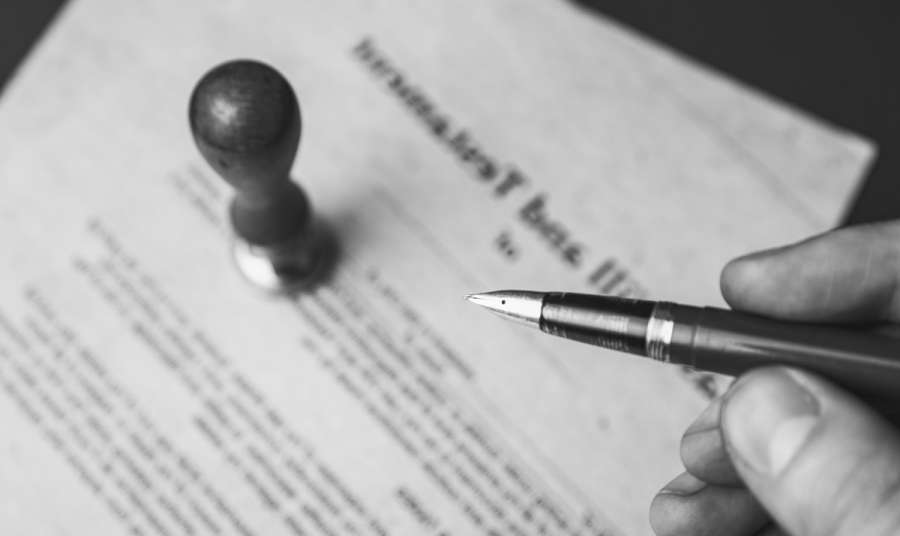Whilst a gift to an animal does not invalidate the Will, it will most likely raise some suspicions as to whether the testator had testamentary capacity at the time.
The legal test for testamentary capacity is set out in the old case of Banks v Goodfellows.
This sets out that a testator must be able to:
- Understand the nature and effect of making a Will.
- Understand the extent of their estate.
- Comprehend and appreciate the claims that they ought to give effect to, i.e., consider the people whom they would normally provide for.
- Not have a disorder of the mind that leads to them making a Will they would not otherwise have made.

The person who carries out the test is the solicitor or Will writer rather than the testator themselves.
A greater level of capacity will be required if the Will is particularly complicated or the estate is of a high value.
In a case where a gift has been left to an animal, it is likely that the claimant will argue the testator has failed to satisfy limbs 3 and 4 of the Banks v Goodfellow test.
This will be even more the case where the gift to the animal is substantial, for example, if it is a gift of a property or a large sum of money.
Evidence should be obtained, which could include attendance notes from the Will draftsman’s file as well as medical evidence from the relevant time.
Assuming this evidence is available, there could be a real basis for a legal challenge to the Will.
It is difficult to see how the Will would be defended in the face of clear and compelling evidence of a lack of testamentary capacity.





